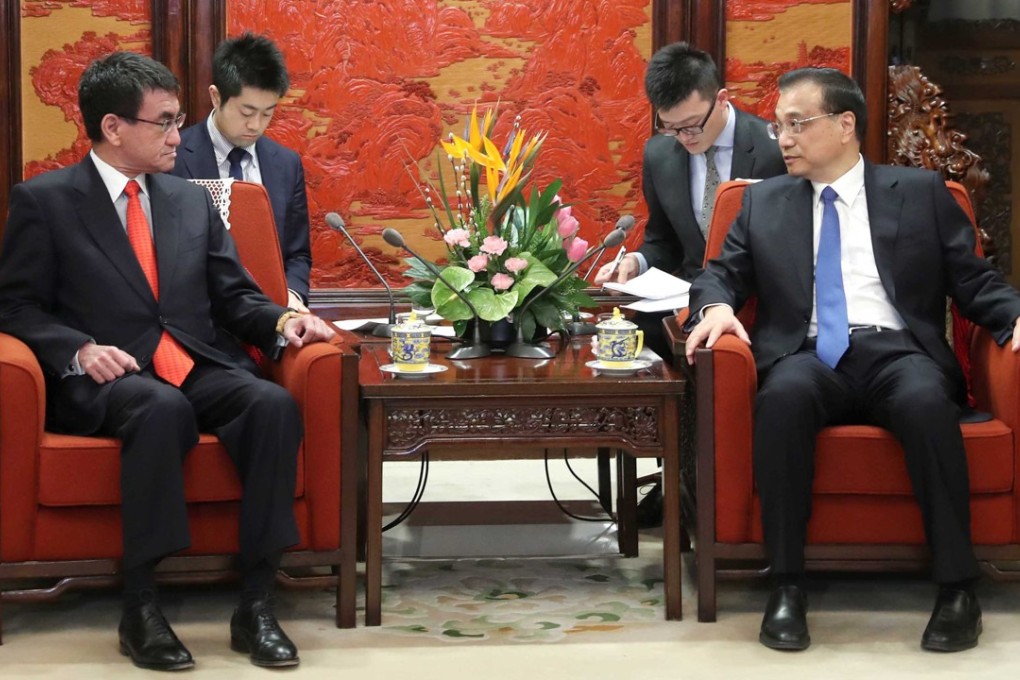Japan takes the lead in countering China's Belt and Road Initiative
Tokyo is increasingly joining up with other countries, especially India, and boosting its military in the Indian Ocean area in an apparent bid to counter Beijing’s growing heft

For the first time in 15 years, Japan’s foreign minister last month paid a visit to the tiny island nation of Sri Lanka, shepherding a dozens-strong delegation of business leaders eager to deepen economic ties between the two countries after a year of increasing security cooperation.
The visit underlined how Sri Lanka is turning into a microcosm of the sharpening geopolitical competition between Japan and China.
Sri Lanka, after Pakistan, is one of the clearest examples of how China’s ambitious infrastructure development plans – known as the Belt and Road Initiative – are spooking neighbours who worry about Beijing’s rapidly increasing influence and military reach.
Those fears were made manifest late last year, when Sri Lanka handed over the port of Hambantota to China to cover its debts to Beijing.
[Japanese PM Shinzo] Abe has been very active in proposing an alternative to China in general and the Belt and Road in particular
The kerfuffle over Hambantota helps explain why Japanese Foreign Minister Taro Kono made a point of ending his visit with a tour of Sri Lanka’s other big port, Colombo, announcing plans to help build a natural gas import terminal.